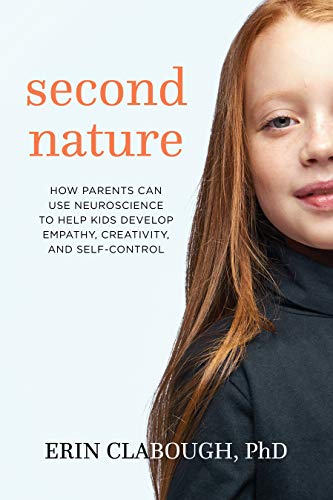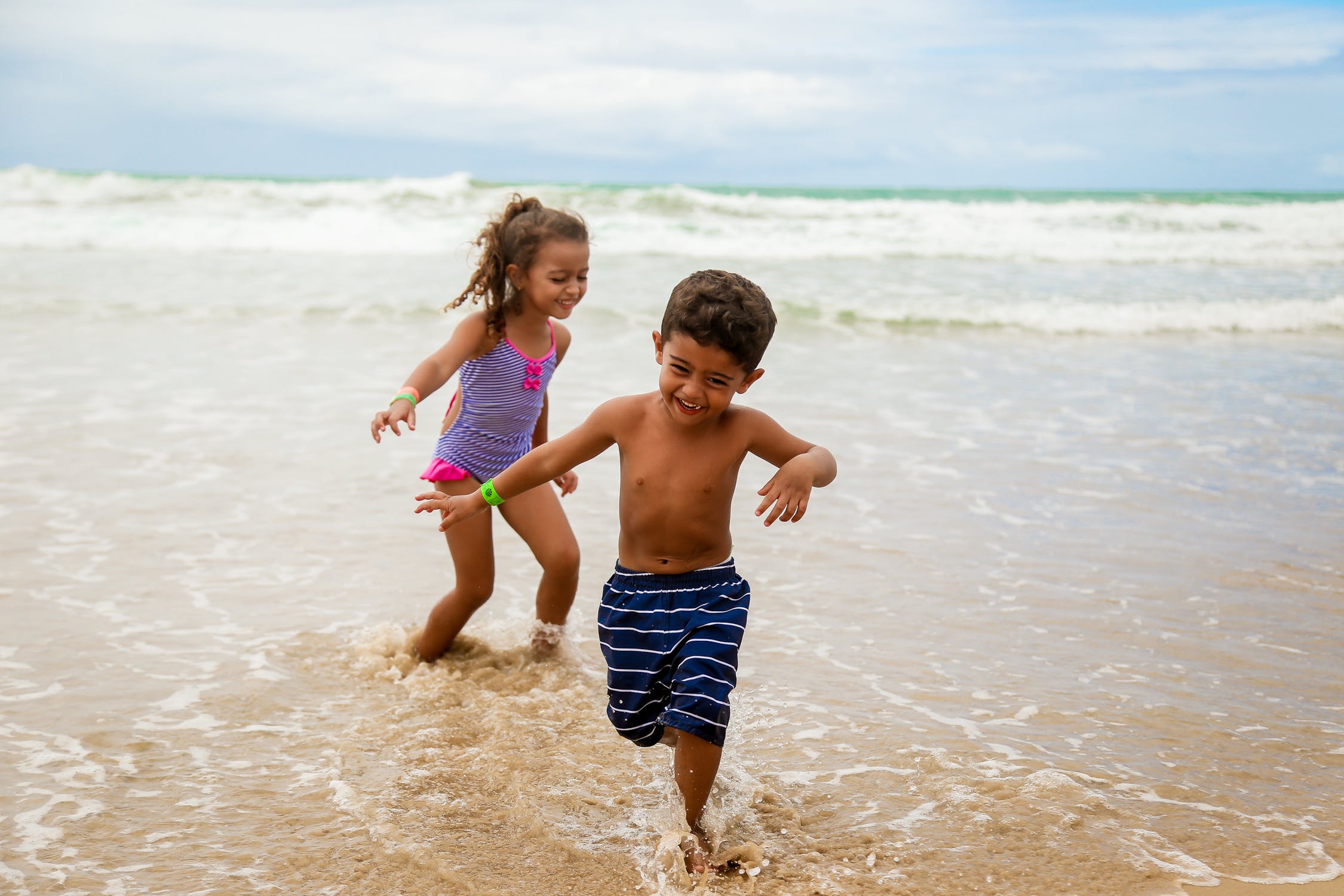Sounds True Books Offer Unique Second Nature Parenting Tools
Raising kids today isn’t like it was for our parents or their parents before them. The wisdom of the ages evolves and in today’s times, we have much more information at our disposal for making better decisions. At least, that’s what we’re told. The problem is, too much information becomes a problem too. That’s where Sounds True Books come into play.
The publisher offers several books of various levels, all to help build children’s lives. Some are aimed at the children themselves, some toward parents. The children’s yoga books are great for kids, if they’re open to them. They were hit and miss with my kids. My youngest daughter (8) especially liked them.

For me, as a parent, however, it’s the Second Nature: How Parents Can Use Neuroscience To Help Kids Develop Empathy, Creativity, and Self-Control book that hit the button. Having already been a student of Love and Logic, a great parenting technique, Second Nature just slipped in to work hand-in-hand. The book, written by Erin Clabough, a biology and neuroscience professor and mother of four, explains a lot of what’s happening in kids’ minds as they develop.
Reading Second Nature, it becomes clear that kids have certain progression points and as parents, we can watch for those and use them to continue their learning and development. That, in turn, gives children the tools they can use to continue moving forward. Meanwhile, the principles of Love and Logic, which are quietly espoused in Second Nature, give a guideline for allowing kids to learn and grow toward independence.
From early on, children can be taught self-reliance through natural consequences. As parents, we often have a need to swoop in and save the day when our children hit roadblocks or make mistakes. We should push that instinct aside, however, and give empathy and understanding without offering immediate solutions. The more mistakes kids make while they’re young, the more they’ll know, and be better able to avoid much bigger mistakes when they’re older.
I call it “lazy parenting” and it’s the greatest gift you can give your kids. Instead of hovering and structuring and encoding everything around children, we should allow them freedom and exploration inside safe (and broad) boundaries. Kids should learn to “own up” to their mistakes and take responsibility for them. Mistakes then become meaningful learning points rather than just another “cry and someone fixes it” experience.
Dr. Calbough explains why the “involvement mindset” of parents, who are ultra-involved in their kids’ lives, can actually backfire. The amount of time spent is not as important as how engaged and fulfilling the involvement is. As kids age, they need more independence and less parental involvement. Especially in the often ignored middle years between toddler and teenager. It’s at this point that parents often fail to adjust their own involvement from “there all the time” to “there when you need me.”
There is a lot to learn and the neuroscience behind the growth of our children is fascinating. Dr. Clabough manages to both explain the science, in layman’s terms, and how it can be used to raise better children. All without dumbing things down to a point where it feels demeaning to read it. Second Nature is an excellent book for parents with kids of any age and will help explain what’s already happened, what is happening now, and what will be happening down the road.


